European Sepsis Report – Germany
Background
Hospital mortality in Germany seems to be higher compared to other high-income countries, such as the US, Australia, and the United Kingdom. The hospital mortality of patients with sepsis in Germany is higher and the decline over time is less. Therefore, in 2013 the German Sepsis Foundation initiated a memorandum for a National Sepsis Plan, which was supported by a high number of professional medical societies, the presidents from prestigious national institutions such as the National Academy of Science and the Robert Koch Institute and advocacy groups such as the German Coalition for Patient Safety.
This memorandum contributed considerably to the successful effort by the Global Sepsis Alliance and the Sepsis Foundation to obtain the support of the German Minister of Health for the 2017 70.7 World Health Assembly resolution on sepsis. Despite its crucial role, in the adoption of this resolution urging member states to integrate sepsis into their national health strategies, Germany has delayed its implementation.
What is happening
Under the German presidency of the G7, the ministers of health in their joint communiqué committed to:
“… intensify our efforts to strengthen early detection, diagnosis and therapy of sepsis and ensure synergy with antimicrobial stewardship and IPC programs e.g., through national educational campaigns and
… to boost the implementation of the WHA Resolution “Improving the Prevention, Diagnosis and Clinical Management of Sepsis” (WHA Res. 70.7).”
Moreover, the German Federal Minister of Health Karl Lauterbach, jointly with WHO Director-General Tedros Adhanom Ghebreyesus granted the patronage for the event celebrating a decade of World Sepsis Day, on 16 September 2022 in Berlin.
Minster Lauterbach also patronized the 4th World Sepsis Congress One Global Health Threat: Sepsis, Pandemics, and Antimicrobial Resistance, on 25 and 26 April 2023.
Results, next steps, and challenges
Over the last few years, there was a steady increase of reports on unnecessary deaths and long-term consequences of sepsis in national and local media. In parallel, the Sepsis Foundation, the German Coalition for Patient Safety, and sepsis survivors, and their families have increased their awareness, advocacy, and lobbying efforts. This, in combination with the understanding that the vast majority of deaths due to the COVID-19 pandemic are due to sepsis, increased sepsis awareness and resulted in a number of important measures by the ministry of health and the Joint Federal Committee (G-BA).
These included the funding of three sepsis-related “Innovation fonds” projects, which helped foster the understanding of the burden of sepsis long-term consequences (Sepfrok), of the quality of the documentation about sepsis in administrative claim data and their usefulness for quality improvement efforts (OPTIMISE), and the public awareness project Sepsis Wissen.
The Sepsis Wissen (Sepsis Knowledge) project, started in August 2020, focuses on aspects such as the knowledge of early warning signs and the importance of vaccinations. It also addresses the general population through a large-scale public campaign in Berlin and the federal state of Brandenburg. A Sepsis Information center offers training formats and learning opportunities for health professionals and laypersons.
The funding of the German-wide Sepsis Awareness Campaign Deutschland Erkennt Sepsis (DES) (Germany Recognises Sepsis) by the German Ministry of Health with € 4.5 million for five years and the patronage of the Federal Minister of Health Lauterbach is another important step forward in the fight against sepsis in Germany. The partners for this project comprise the German Coalition for Patient Safety, the Sepsis Stiftung (German Sepsis Foundation), Sepsis-Hilfe (Sepsis Aid), the Sepsis Dialog Greifswald, and the German Quality Improvement Network (DQS).
The funding of this campaign so far already allowed the realization of a number of projects such as:
the conduct of a representative country-wide survey which confirmed the persisting low level of knowledge about sepsis amongst the general population
the development of an interactive sepsis checklist, available in multiple languages
the implementation of sepsis in the curricula for all first aid courses in Germany
Moreover, it is very encouraging that the Federal Government Commissioner for Patients and MP Stefan Schwartze encouraged members of the German Federal Parliament from all parties to support the Sepsis Foundations’ request to make sepsis a priority on the global and national levels. He also expressed his support during a press conference on World Sepsis Day 2022.

